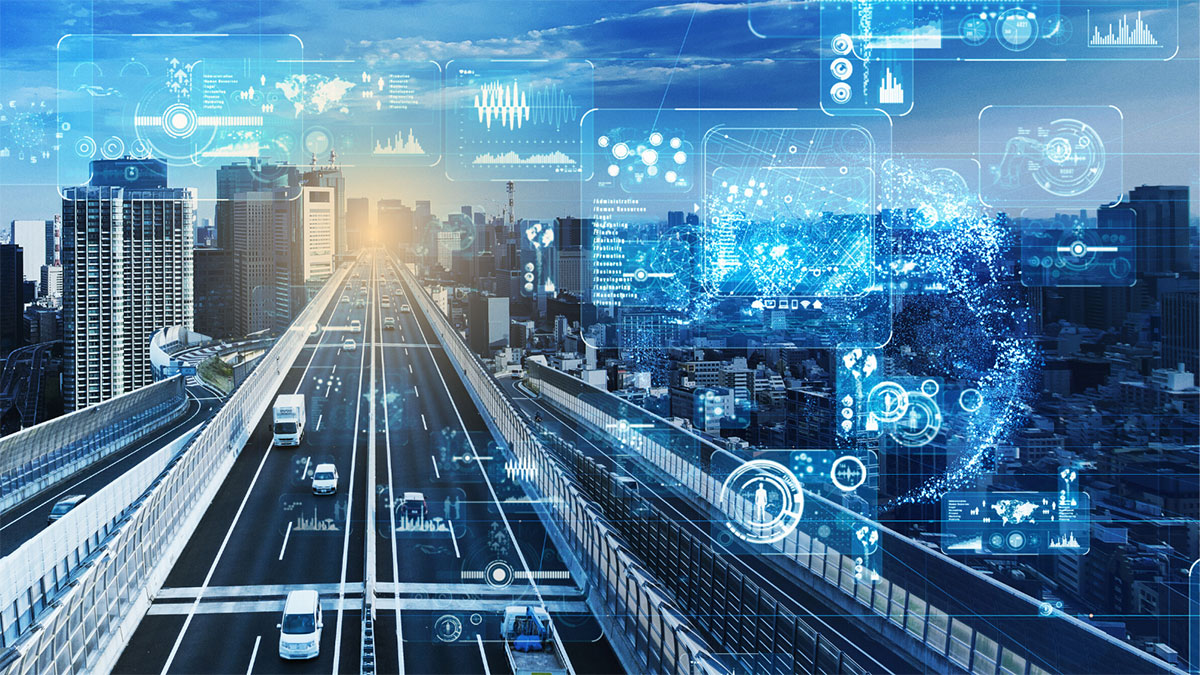For decades, automation has been on the rise in the American workplace as manufacturers outsource tasks to robots. Some people see this automation as a negative force. After all, they reason, if robots replace too many humans, people will have a harder time finding work.
There’s no doubt automation is changing the workforce, but the changes aren’t all bad. For example, when robots perform routine tasks, employers can invest more human expertise in not-so-routine tasks — in jobs that only humans can do.
Take bridges, for example. Our nation has more than 617,000 of them. Each one must be tested for stability every two years. New bridges must be inspected, too. For bridge inspectors, the most time-consuming aspects of the job can also be the most routine and repetitive.
State inspection departments are saving time by using camera-equipped robots to gather data about bridge health. This approach gives human inspectors more time to do what robots can’t do — analyze and respond to data while also completing more nuanced inspection methods.
Builders use this strategy, too. Rather than tying up human hours to draw chalk lines, robots can print floor plans onto a foundation — with precision within 1/16-inch.
And, within InfraStripe, we have invested in the Limntech Automated Layout System for marking highways. This innovative system harnesses on-board and cloud-based GPS to target and paint new stripes on pavement.
Technology may never match human intelligence. Most professions will always include complex and nuanced tasks that only human hands, and human brains, can perform. But when technology can perform routine tasks, people can benefit.
When you think about it, technology has been changing the workforce for longer than we can remember. For example, did you know the 19th century British workforce included human alarm clocks? It’s true. Back then, you could hire someone to knock on your window to wake you up on time.
Eventually, that’s a job we turned over to phone operators, alarm clocks, cell phones, and whatever comes next.
